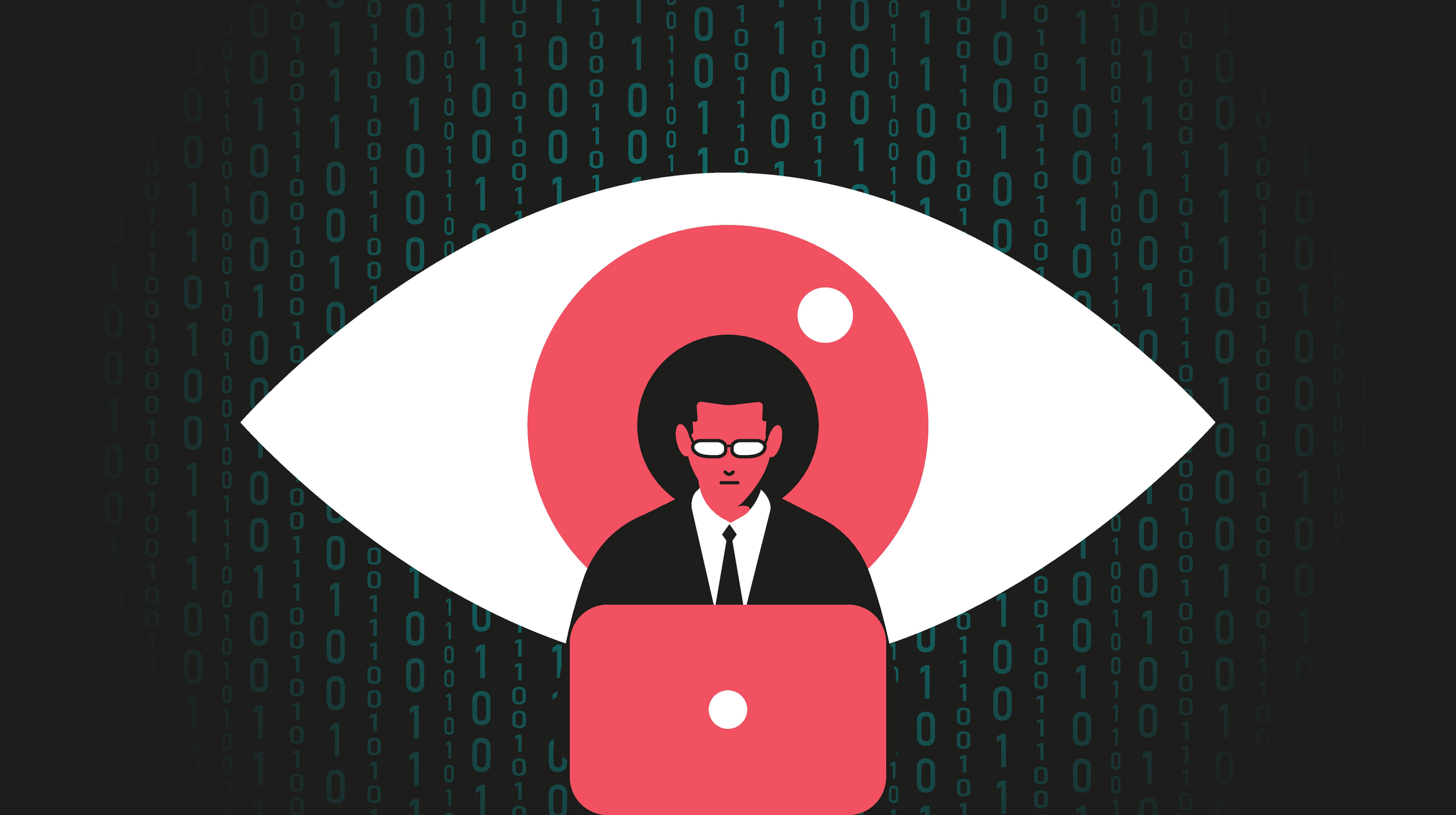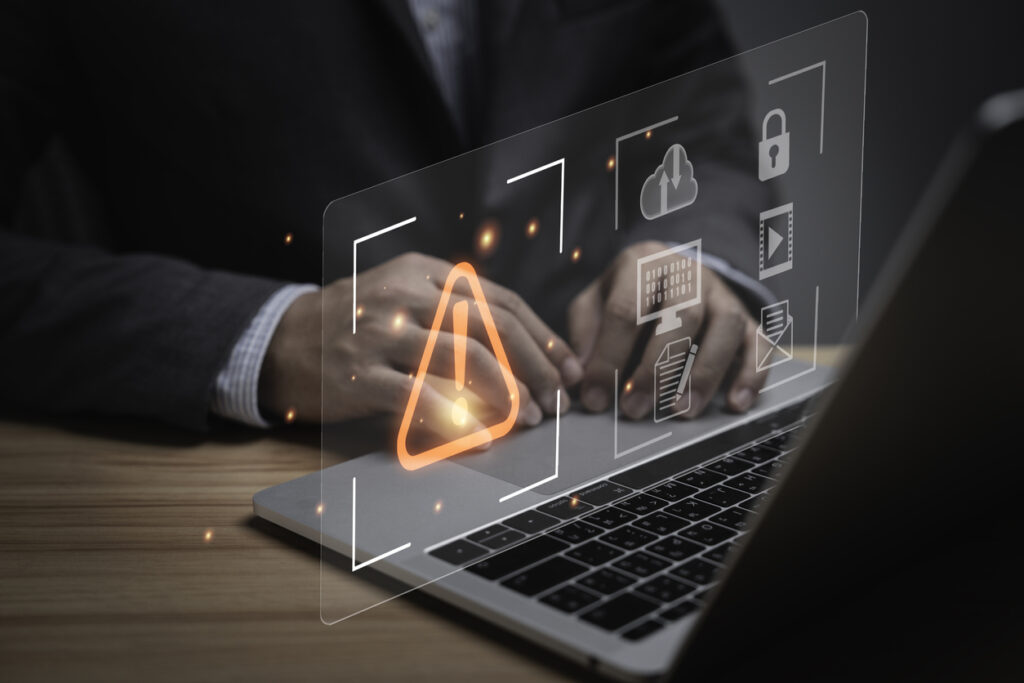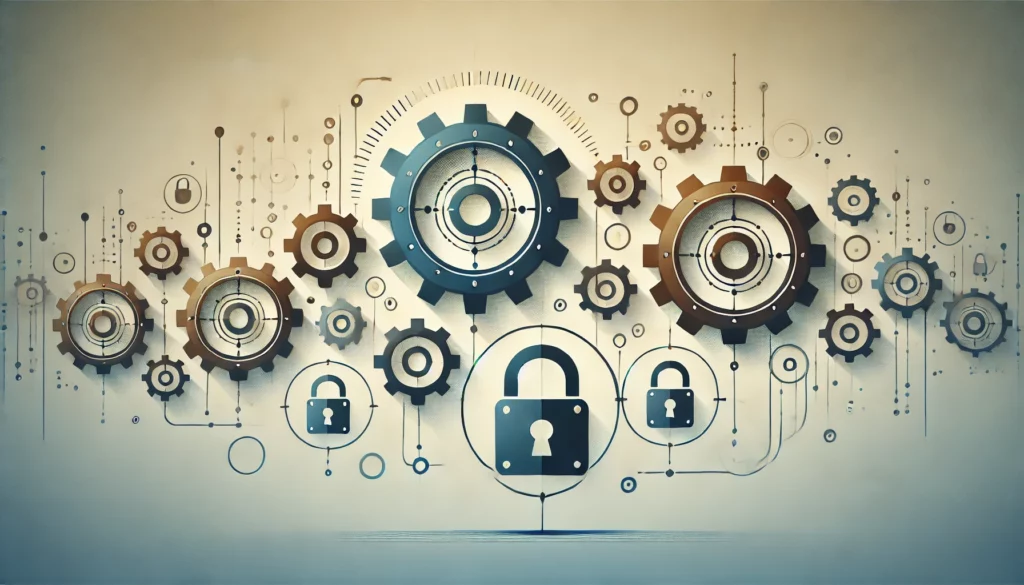
Data security is one of the crucial concerns of dealmakers when conducting complex financial transactions like mergers and acquisitions (M&A). That is no surprise, considering that the average cost of a data breach is $4.45 million — this figure has increased 15% over the last three years.
Virtual data rooms (VDRs) are a solution to that problem. However, are they truly 100% secure when sharing confidential business data? Or can virtual data rooms be hacked? In this article, we find that out.
What is a virtual data room?
A virtual data room is a secure online repository for data storage and distribution. Business people use virtual data rooms when they need to share sensitive information or confidential data securely. That’s exactly why M&A and due diligence are among the most common VDR use cases.
In addition, virtual data room providers enable efficient collaboration between all parties involved in a deal or project, significantly boosting overall productivity and accelerating decision-making.
What is more secure: a VDR or cloud storage?
On the surface, the core function of virtual data rooms and average cloud storage solutions like Dropbox can seem quite similar. However, that’s not true.
Unlike average cloud storage solutions, virtual data rooms focus more on security measures, so they’re more suitable for storing and sharing confidential business data like contracts, intellectual property, and financial reports.
On the other hand, while providing certain security measures as well, average cloud storage solutions are typically more suitable for storing and sharing private files like photos or videos — or at least less confidential and sensitive information.
Additionally, there are various examples of data breaches among cloud storage solutions. For instance, in 2012, Dropbox fell victim to a leak of more than 68 million users’ email and password data.
- Tip: Read more about the VDR and cloud storage comparison in our article.
Top 3 data rooms
Overall rating:
4.9/5
Excellent

Overall rating:
4.7/5
Excellent

Overall rating:
4.6/5
Good
Risks of neglecting document security
For a modern business, ignoring cybersecurity, and especially document security, can lead to disaster. Dealmakers understand that and, therefore, have started implementing cybersecurity practices in their operations.

According to Forescout’s survey about the role of cybersecurity in M&A and due diligence, 81% of respondents agree they’re focusing more on the target’s cybersecurity posture now than in the past.
So, what are the main risks of ignoring data security?
- Financial losses. Failure to ensure data security might lead to lots of extra costs. These include fines and penalties for non-compliance with data protection regulations, legal fees for lawsuits, and the costs of investigating the breach, implementing security improvements, and restoring affected systems.
- Loss of trust and reputation. It can also result in damage to the organization’s reputation and loss of trust among customers, clients, and stakeholders. Additionally, it may lead to negative publicity and media scrutiny, which can further tarnish the organization’s image.
- Intellectual property theft. This includes theft or unauthorized access to proprietary information, trade secrets, and intellectual property, competitors gaining an unfair advantage by accessing confidential documents, research data, or product designs, and long-term impact on innovation and competitiveness within the industry.
- Regulatory non-compliance. Violation of data protection laws such as GDPR, HIPAA, or CCPA can lead to regulatory fines and sanctions as well as legal repercussions for failing to safeguard sensitive information as mandated by industry regulations.
- Customer churn. Failure to ensure the security of clients’ data might lead to negative word-of-mouth and customer dissatisfaction, which, in turn, might lead to decreased retention rates, revenue loss, and difficulty attracting new customers due to the organization’s tainted reputation in the marketplace.
Deconstructing virtual data rooms: What makes them secure?
Now, let’s take a closer look at what makes virtual data rooms so secure and minimizes the possibility of hacks.
Access security
Modern virtual data room vendors offer a variety of access security features that enable VDR administrators to have full control over who has access to what inside a virtual data room.
Some of such features, for example, are two-factor authentication, time and IP address restriction, logging and reporting, and user security impersonation.
- VDR providers that offer such features: Ideals, Datasite, Ansarada
Compliance
The best virtual data room providers are certified and compliant with top international data security regulations. These regulations include GDPR, HIPAA, ISO, and CCPA.
If a provider has these certifications, it means they ensure their client’s data security, privacy, and confidentiality.
- VDR providers that offer such features: Ideals, Donnelley Venue, Intralinks
Multi-layered data encryption
Encryption serves as a protective shield for data as it traverses into a storage cloud. Typically, data transmission to and from the server within a cloud environment undergoes encryption. However, the document itself may not always benefit from this safeguard. Thankfully, virtual data rooms offer a solution by encrypting the documents themselves, thereby bolstering their security measures.
The best VDR providers typically ensure that files are transferred with high-grade TLS protocol and encrypted at rest with 256-bit AES keys.
- VDR providers that offer such features: Ansarada, Ideals, Intralinks
Document permissions and access rights
The most reliable virtual data room providers offer granular access controls up to eight levels, ensuring that no unauthorized parties can access sensitive content.
This means a VDR administrator can control who can view, download, or print each file in the virtual data room.
- VDR providers that offer such features: Ideals, Firmex, Digify
Audit logs
Another pivotal aspect of security lies in the capability to generate comprehensive audit trails.
These logs meticulously document each operation conducted within the VDR, encompassing activities such as document uploads, downloads, modifications, and access endeavors. In scenarios involving security breaches or data breaches, these audit trails become invaluable resources, offering precise chronicles of events and their timelines.
Audit trails also frequently stand as imperative prerequisites for adhering to regulatory standards.
- VDR providers that offer such features: Firmex, SecureDocs, Ideals
Dynamic watermarking
Watermarking is the most common document security feature among modern VDR vendors.
It enables a digital watermark to appear on top of every file every time it’s viewed, downloaded, or printed. Typically, watermarks are customizable and can include the user’s name, IP address, and date and time of access. This is especially useful in cases of potential data breaches since it helps to track who led to the breach.
- VDR providers that offer such features: Datasite, Ideals, Firmex
Secure spreadsheet viewers and fence view options
With the spreadsheet viewer, users can view and analyze Excel documents online securely. It downloads, decrypts, watermarks, and renders documents directly within any web browser, not as a PDF, but in their original secure Excel format.
The fence view features, in turn, place a digital fence on the file so that only some parts of it are visible while others remain hidden. This helps to protect sensitive and personally identifiable information.
- VDR providers that offer such features: Ideals, Firmex, Datasite
Remote shred and wipe
The remote shred and wipe features enable virtual data room administrators to lock and wipe specific encrypted data from lost and stolen devices remotely.
This helps to minimize unauthorized views even after documents are downloaded.
- VDR providers that offer such features: Ideals, Datasite, Intralinks
Customer-managed encryption keys
Customer manager encryption keys in virtual data rooms are unique codes or passwords for encrypting and decrypting data stored within the virtual data room.
Think of them as special keys that only the customer (or virtual data room administrator) possesses and which are required to access and safeguard sensitive information within the virtual data room. These keys ensure that the data remains secure and can only be accessed by authorized individuals with the correct key.
- VDR providers that offer such features: Intralinks, Ideals, Citrix
NDAs
Before entering the virtual data room, individuals must agree to non-disclosure or confidentiality agreements. These agreements serve to legally obligate them to uphold confidentiality standards and acknowledge the sensitive content of the documents they are about to view, thereby reinforcing the importance of data security and discretion.
- VDR providers that offer such features: Ideals, Firmex, Intralinks
Extra tips to avoid data breaches
Here are a couple of more tips to ensure the security of business data within a virtual data room:
- Focus on third-party risk management. The first step to securing data is ensuring you’re going to share it with reliable parties. That’s exactly why you should pay crucial attention to risk management when preparing for such complex deals as M&A. For better results, it’s also recommended to engage outside risk management experts who will assist you.
- Ensure deal rooms are emptied. It’s a big mistake to forget about all the data stored inside a virtual data room after the deal is completed. Ensure all the data and documents are deleted from the cloud once all the agreements are finalized. And in case you need to have all the documents used during the deal, most virtual data rooms offer physical flash drives with all the data.
Which data room providers are the most secure?
So, which virtual data room providers best ensure your data won’t be hacked? We suggest the following vendors.
Ideals
Ideals is one of the top virtual data room providers on the market, with more than 15 years of experience. It’s a user-friendly, highly secure, and exceptionally customer-oriented platform. Remarkable customer service and unparalleled security are what Ideals clients praise the most. Ideals has served more than 1 million clients from 175,000 companies worldwide, including M&A advisors, investment bankers, public institutions, and real estate experts.
- Top security features:
- Eight levels of granular access controls
- Secure spreadsheet viewer
- Fence view
- Detailed audit trails
- Built-in redaction
- 256-bit data encryption
- Remote wipe
- User security impersonation
- User access expiration
- Customer manager encryption keys
Intralinks
Intralinks is an experienced virtual data room provider that has been on the market since 1996. More than 25 years of experience help them provide excellent VDR services to clients in finance, energy, life science, law, technology, and real estate. Intralinks also specializes in assisting M&A deals and offers dedicated M&A workflows inside a virtual data room space. Intralinks’ customers especially enjoy the way it helps with conducting due diligence.
- Top security features:
- AI redaction
- Data access expiry
- Detailed audit trails
- Remote wipe
- View-only access
- Watermarking
- Two-factor authentication
DFin
The Venue virtual data room by DFin supports businesses throughout every stage of their transactions. Seamlessly blending user-friendly functionalities with a swift and straightforward setup alongside an advanced security framework ensures a seamless experience. Leveraging AI technology, a DFin virtual data room accelerates deal closure and streamlines workflows with remarkable efficiency. Ease of use and enhanced security is what Venue’s clients appreciate the most.
- Top security features:
- Audit trails
- Built-in redaction
- Two-factor authentication
- User access expiration
- Remote shred
- Data backup
- Customer-managed encryption keys
Key takeaways
- Virtual data rooms are secure online repositories for data storage and sharing.
- Unlike traditional cloud storage solutions, virtual data room providers place greater focus on security, which makes them more suitable for conducting such complex financial transactions as M&A.
- The security inside virtual data rooms is realized with the help of numerous features such as a secure spreadsheet viewer, dynamic watermarking, granular access permissions, remote wipe, and customer-managed encryption keys.
- Some of the most secure virtual data rooms on the market are Ideals, Venue by DFin, and Intralinks.
- Visit our main page to discover more VDR providers and learn about the security measures they take.
FAQ
Can I take a screenshot of a VDR?
Theoretically, it’s possible. However, most virtual data room providers don’t allow you to do so with the help of such features as Fence View and screenshot prevention.
Can I print the documents from a VDR?
Yes, you can, but only if you’re authorized to do so. It means that to print documents, you need to have relevant access rights, which are given by a virtual data room administrator.
What if I download documents from a VDR?
If you’re authorized to do so, there’s no problem. Still, if you’re authorized to do so but accidentally lose the device you’ve downloaded documents from a VDR, a virtual data room administrator can wipe them from that device with the help of a dedicated feature so that they remain private and secure from unauthorized views.

